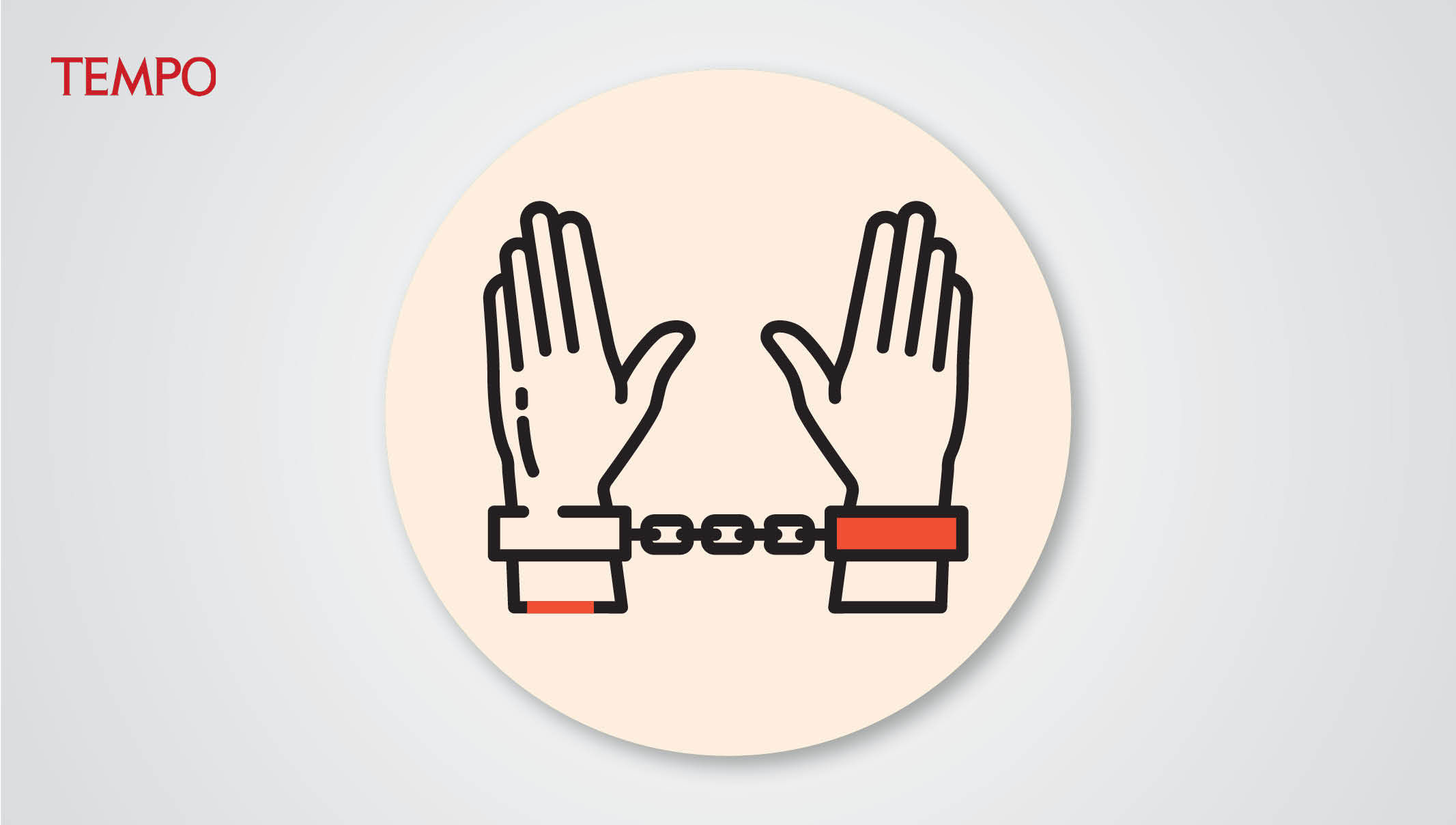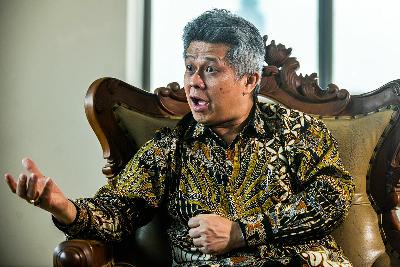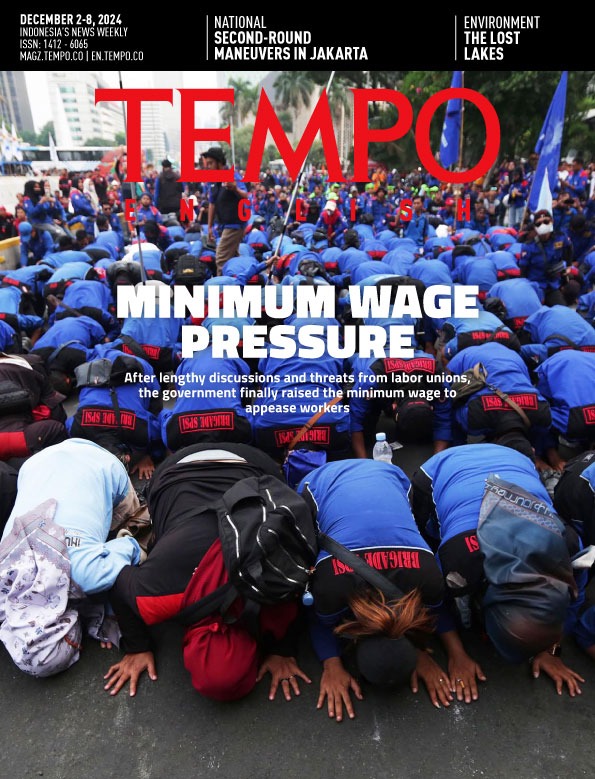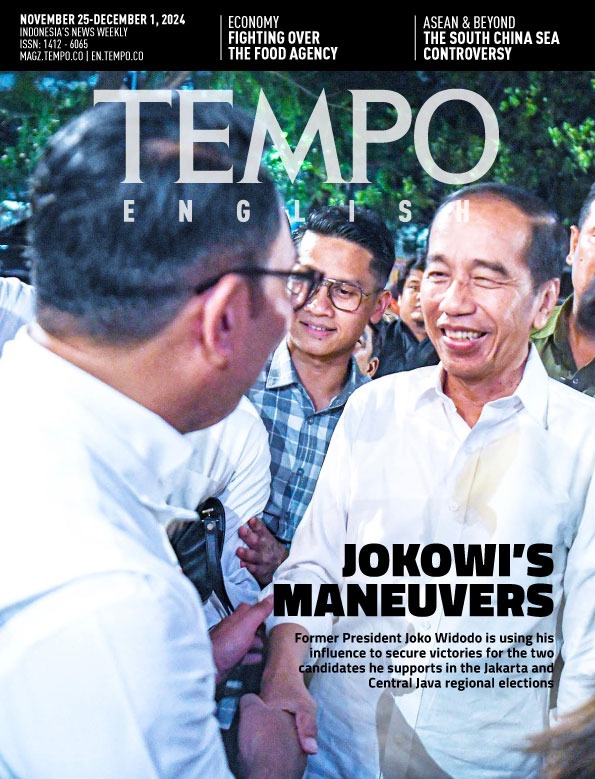Police Brutality against Demonstrators
Monday, September 2, 2024
The police continue to resort to brutality to silence demonstrators. This is a violation of human rights.
arsip tempo : 173483642698.

THE brutality by police officers when breaking up the demonstrations over the last two weeks shows the real face of the Joko Widodo administration. This is a government that appears not to care, and has become accustomed to ignoring criticism that comes without mass support. On the other hand, when criticism is expressed in mass demonstrations, the government quickly responds to it.
A wave of demonstrations in a number of cities began on August 22. College students, students, academics, and other elements of civil society took to the streets in large numbers to safeguard the Constitutional Court ruling that reduced the party vote threshold for nominating candidates for regional heads. The people opposed the efforts of the government, the House of Representatives and the General Election Commission to hobble this court ruling.
In Jakarta and Semarang, for instance, police officers acted brutally in dispersing demonstrations. Tear gas, water cannons, batons and shields were used to push back the crowd. A number of officers were even recorded on camera kicking defenseless demonstrators. As a result, more than 200 demonstrators were injured, including young children. The police arrested hundreds of people, some of whom were later named as suspects.
It is difficult to accept that all this violence was only an unplanned incident that happened because the police personnel on the ground lost control. Moreover, in the latest wave of demonstrations, there was no threat to life that could justify the use of force by police officers.
In their actions in defense of these Constitutional Court rulings, demonstrators were not criminals causing disorder. They were ordinary citizens expressing their opinions, a right guaranteed by law. Instead of silencing these demonstrators using violence, the police should have guided and protected those trying to protect the Constitutional Court rulings from the efforts to hobble them.
There were strong indications that the violence was systematically and widely planned in order to perpetuate government power. Throughout the Jokowi administration, the use of excessive force by the authorities has frequently been the response to public protests. One example is the repressive measures taken against the “Reformasi Dikorupsi” (Reformasi is Corrupted) demonstrations, and also those against the Job Creation Law. Violence was also used against the Air Bangis people of West Sumatra, the Rempang-Galang people in Batam, Riau Islands, and the Dago Elos people in Bandung, West Java.
In a number of places, police personnel used violence against civilians holding peaceful protests. Their attacks took the form of intimidation, physical violence, beatings and other inhumane conduct that was an affront to human dignity. Given this stance and its scope, Amnesty International Indonesia did not go too far when it categorized these actions as a serious human rights violation.
The police should have clear operating standards to prevent the use of violence by personnel on the ground when confronting demonstrators. The government should also ensure that police officers respect the human rights of demonstrators. If not, it is not only the officers and commanders of the police on the ground that should take responsibility, but also the National Police Chief and President Jokowi.











